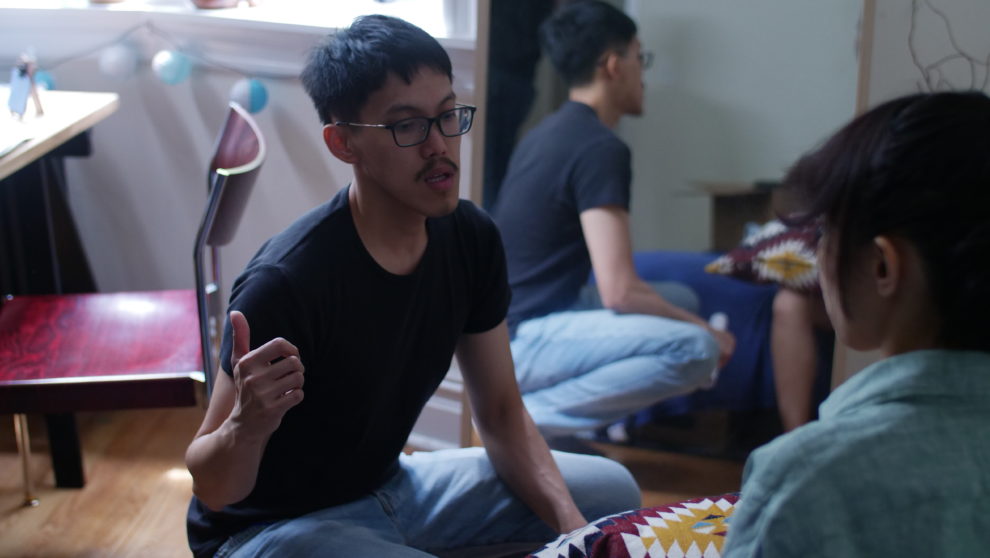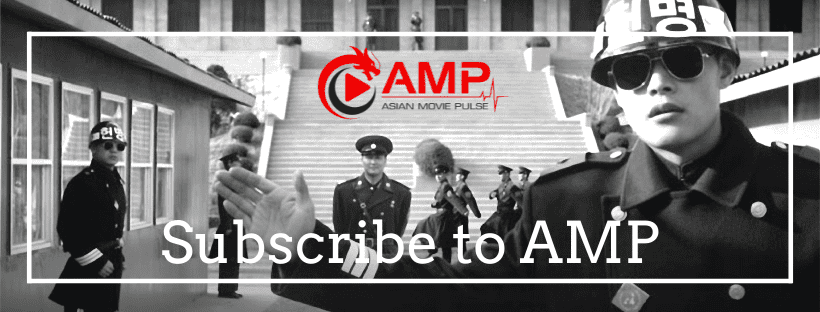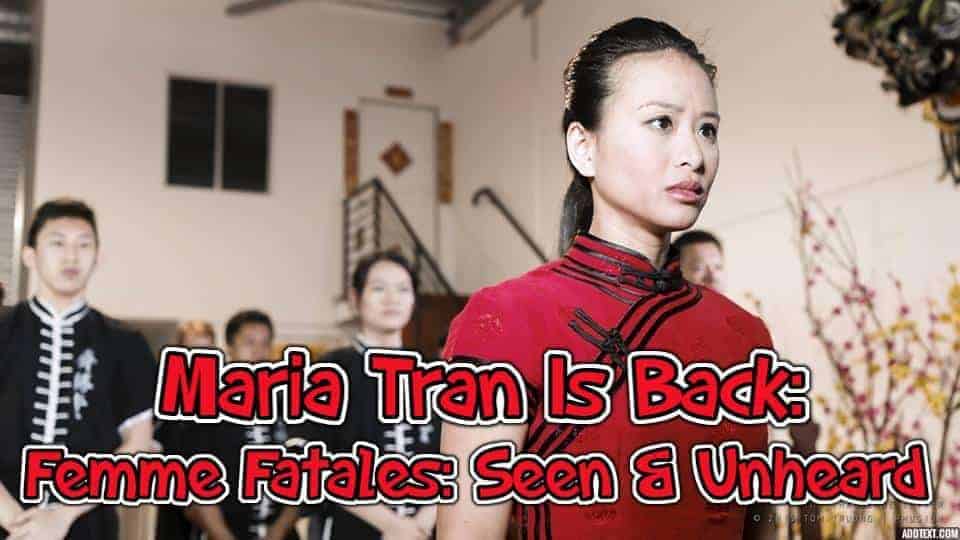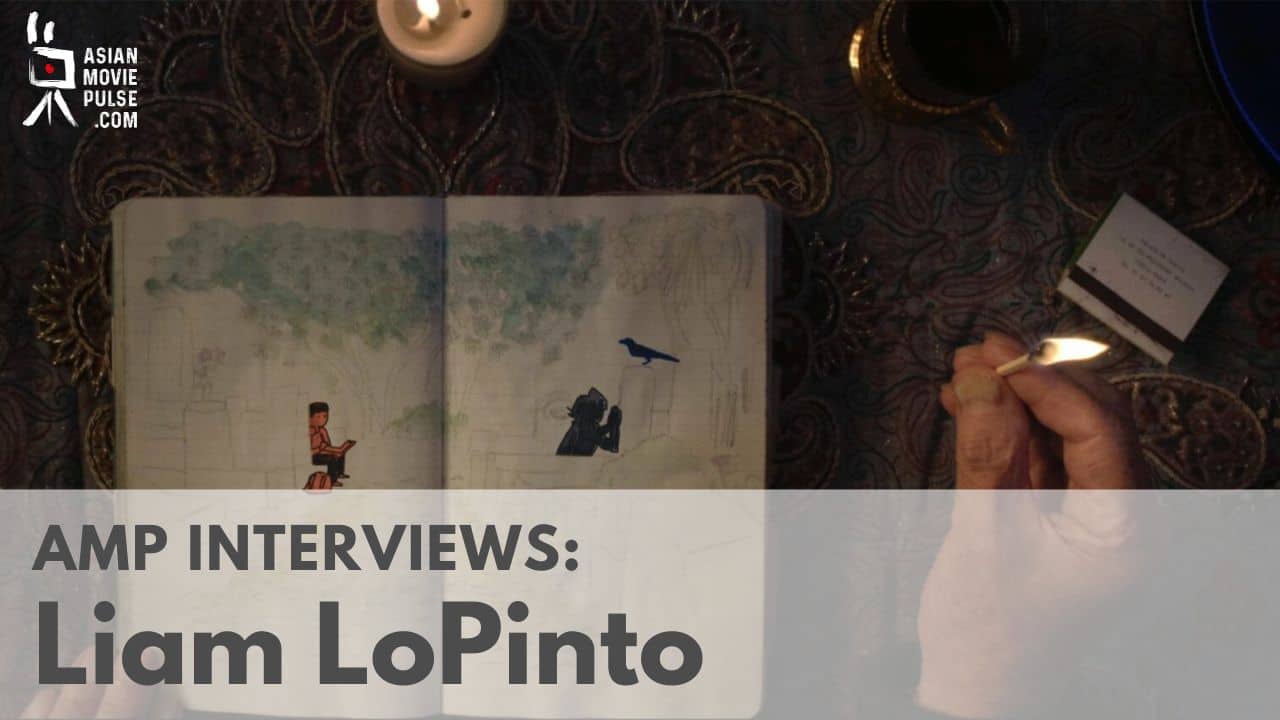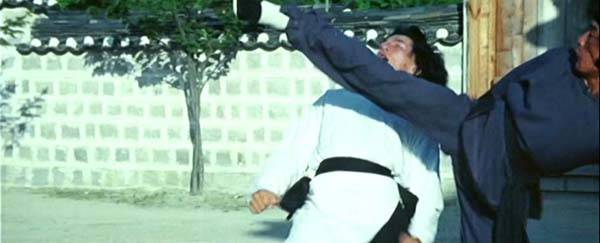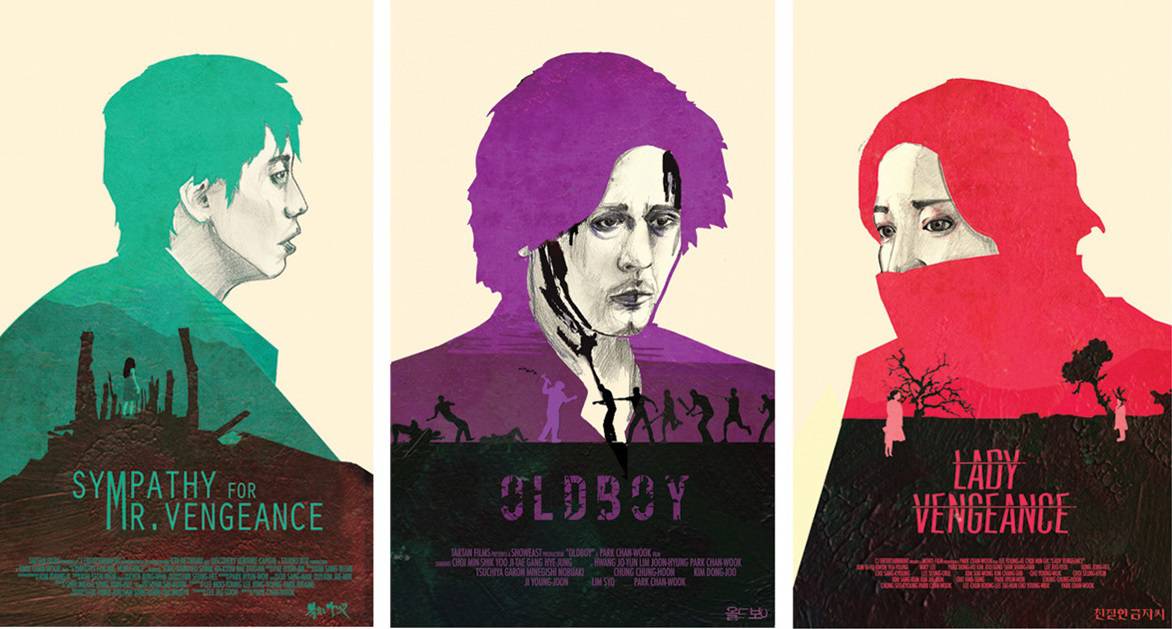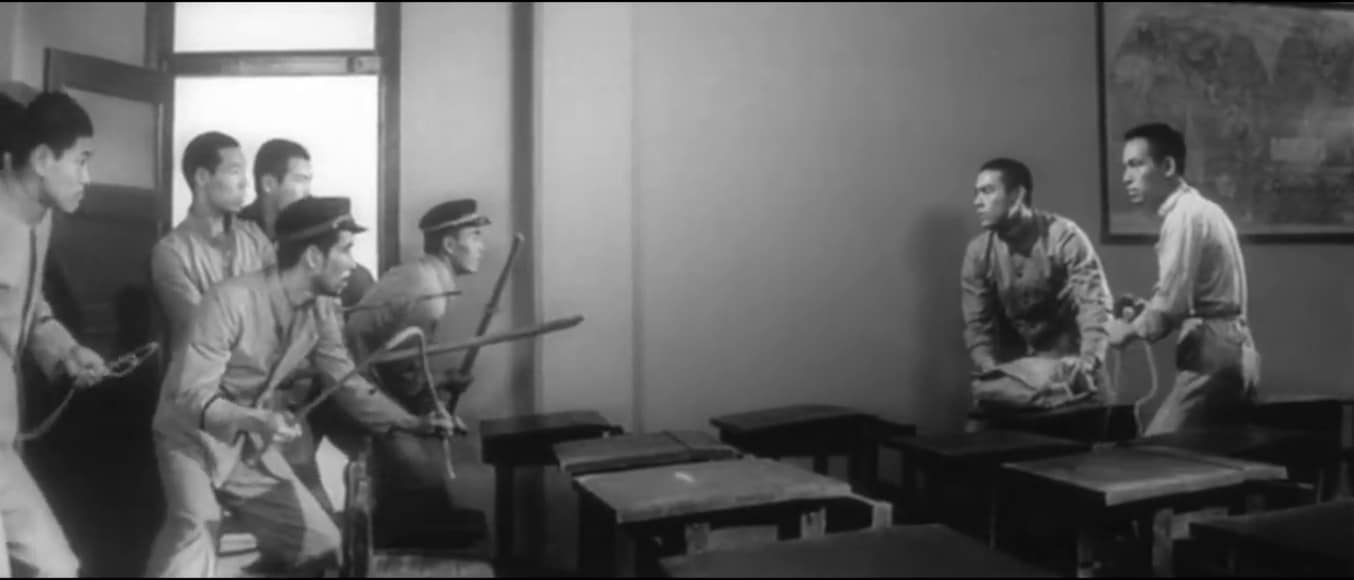“Po-Yu Chen is a Taiwanese film writer, director, video editor who is now based in Los Angeles. He graduated with a Film MFA degree from Columbia University, majoring in Directing/Screenwriting. He's always interested in the topic of solitude and the close relationship of people in the city and what a transformation of a place could have an impact on an individual. And he is always passionate about digging into deep, complex relationships between characters through the narrative story.
His latest film, The Day He Returns, is under post-production right now. His other works Something in the Water (2020), won 2018 Sloan Foundation production grants and now streaming at the Museum of Moving Image; Happy Birthday to Me(2019), selected to CineCina Film Festival in 2019 premiered in New York City and was selected by Asian Movie Pulse magazine as one of the best films in 2021; Paint Again, selected to screen in 2021 Taiwanese Biennial Film Festival. His previous shorts also include Dinner, Dialing Game. He's worked for many outstanding and famous companies like Voice of America, TikTok, Columbia University as a video editor, videographer.Now he has several projects including a narrative feature film, a short film, and a TV series under development.”
I first became familiar with the work of director Po Yu Chen through his submissions to our Submit Your Film initiative, having had the pleasure to cover both “Happy Birthday to Me” and “Paint Again“, with the former being included as part of our best of 2021 list for SYF. What struck me about his work was the beautiful simplicity in which he tackled issues like family, romance, and identity.
I was able to reach out to Po Yu Chen to ask him more about his work, his experiences as an Asian filmmaker in the West, his favorite films, and upcoming projects.
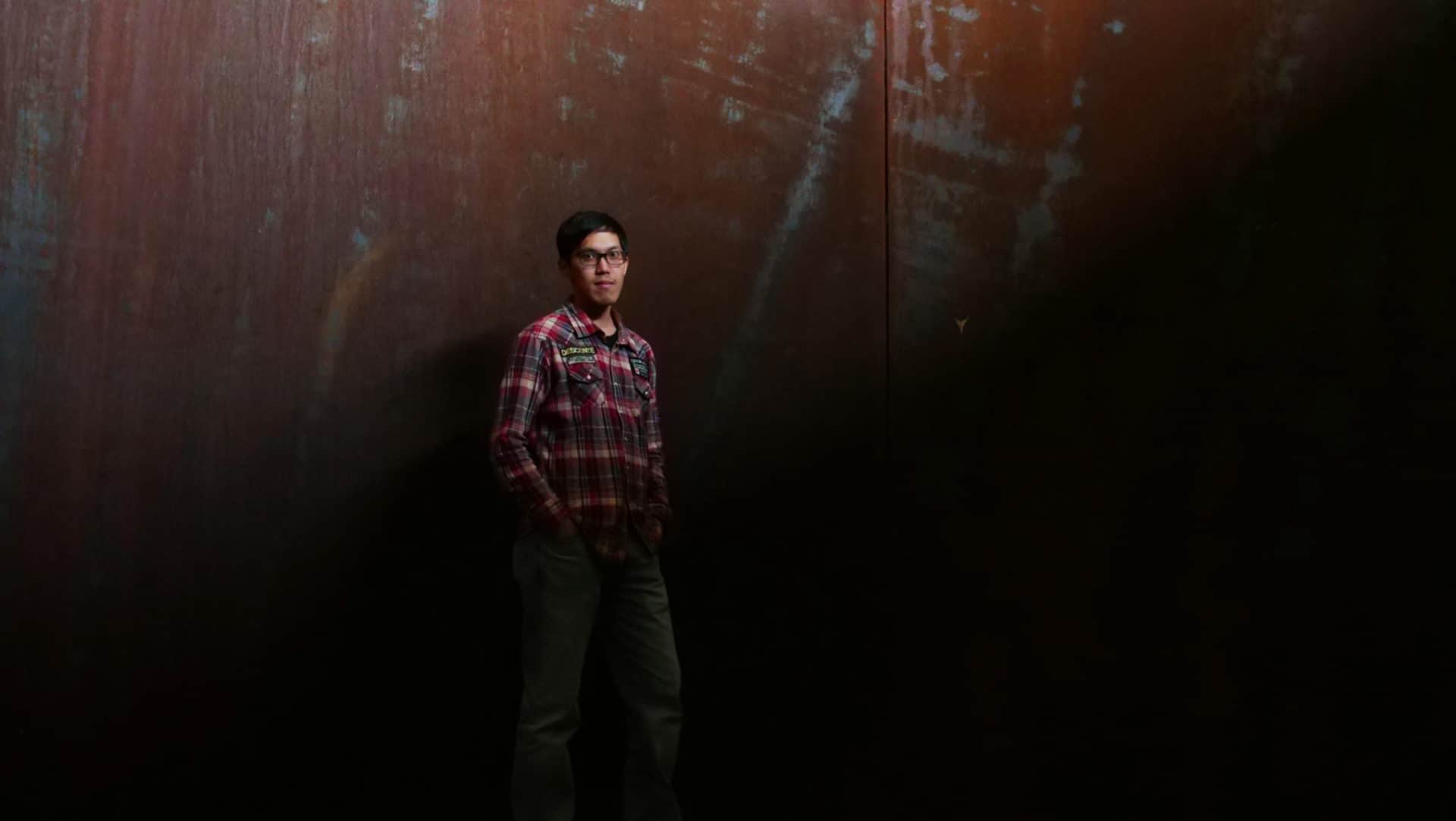
Please tell us a bit about yourself, your background, and how you got into film?
When I was growing up, I never thought I would become a filmmaker, I was not even clear about what film is. My family would watch a lot of Hollywood blockbusters during the weekend at home or sometimes go to the movie theater because my dad loves watching them. But other than these films, I almost have no knowledge about other films, which I think carries more responsibilities and meanings. My journey to becoming a filmmaker was unexpected, and I think it started when I was in college. I was studying theater at National Taiwan University from 2009; and in the program, I had a closer understanding of performing arts, theater, design, and directing. Four years of practical production experience really opened my eyes and gave me the chance to get in touch with the arts.
It was a luxury for students to be able to have so much time to watch movies all day long. My classmates and I would go to the library, book a room and borrow some DVDs, watch together, even turned out everyone fell asleep on the couch.
There were some crucial moments that I had a deeper understanding of films. I remember I took a general study class, which screened many classic films like “Citizen Kane”, “The 400 blows”, “Bicycle Thieves”, etc. I was shocked by naturalistic and realistic films like these and how humane they were. That was an enlightenment for me to understand what films could carry as a medium of arts. The other crucial moment was in a playwright class; the professor screened Michael Haneke's “Funny Game”, it totally blew my mind by how he played the form of a film by breaking the rule of time and the fourth wall. I learned that the medium has so many possibilities and is nearly boundless, which made me excited and start thinking about making films.
As I start making films, I found I tend to start by digging my own experiences, feelings, and from my life. I found I have the tendency to make films close to reality and be able to reflect real people's lives and I'm still trying now.
As an Asian filmmaker who has worked in the West, what do you feel is the importance of having more representation for, filmmakers, actors, etc.?
Being in the US for almost six years now, I do observe there are many big differences between Eastern and Western cultures. These differences shaped our viewpoints toward things, issues and even affect our actions toward events. But being a minority, our characteristics and traits are not easy to recognize that easily and that's been so many years. In recent years, we could see there are some changes that are going on; I think it's a good sign and I think as a creator, filmmaker, it's more important for us to create something accurate and truthful to share with the audiences about who we are and what values we are carrying. As the physical distance is getting shorter and shorter due to the internet, I think we must recognize that the creator and artists' representation must be respected. So the artworks themselves can speak on their own accurately and deliver the correct cultural value.
Your films often touch on people learning to redefine themselves, specifically finding a new love where it was previously lost (a relationship in “Happy Birthday to Me” and bond of father and son in “Paint Again”) What attracts you to exploring emotional turbulence and growth like this in your work?
Actually, I think no matter what kind of film, it must need to have some message inside to be delivered. For me, maybe it's because I'm a person who thinks a lot, and I find it easy to have a strong connection to a kind of a feeling of uncertainty. I think the main topic I would like to touch is about us, as human beings, how to face the difficulty and changes in our daily life. I think it is a common existential question for everyone so I always think it's valuable to be discussed. Although the topic and the message is heavy and big, I also really hope my film could carry some power to my audiences to have strength for their own life.
With these intellectual thoughts, there is another crucial element I believe is necessary for a film. Emotion and feeling are some of the most important things I learned from film school. We were talking about how to deliver the exact emotion I wish my audiences could feel in the movie all the time. That's why when I was writing the script, having the idea about the film, I cared about the strong feeling a lot. I always ask myself what is the feeling I want to deliver in the film? It seems like a basic question, but it does help to navigate me on my creative process.
Can you please tell us a bit about how “Happy Birthday to Me” came about? While the short feels like it could be a single scene in a movie it also works brilliantly as a short film, was there ever a plan to expand this work?
“Happy Birthday to Me” was coming from my observation of things happening around me. One of the most shocking things I found was that people, especially those who are immigrants, got into a relationship so fast in the city. In my opinion, that does happen very sensibly, since the city is overwhelming and normal people, they just live in a very tiny room every day. I think that kind of loneliness is really big and hard for everyone. Some of my friends also got into a relationship and left it in a short period of time. And that made me want to talk about this through my film. At the time, I admired Chantel Akerman and Michelangelo Antonioni's worksa lot and they are both very good at depicting the loneliness, the feeling of separation in the city.
So, I decided to be bold, make a film talking about this topic. Actually, the idea of having this film as a feature came to my mind once when I was in pre-production. But it disappeared since we didn't have too many production days and the script was only about 16 pages. I did think about having this film in a longer version though. In the post-production stage, the first cut was like 22, 23 minutes and I was thinking maybe I should not do any radical changes, I left it around that length. But later, I decided to cut it shorter to condense the story. The film is about a woman looking for a new direction, finding her own inner peace. And I think all my works, more or less, have this topic inside so I think that, even if this short doesn't have a feature version, my first, second features would definitely include this topic.
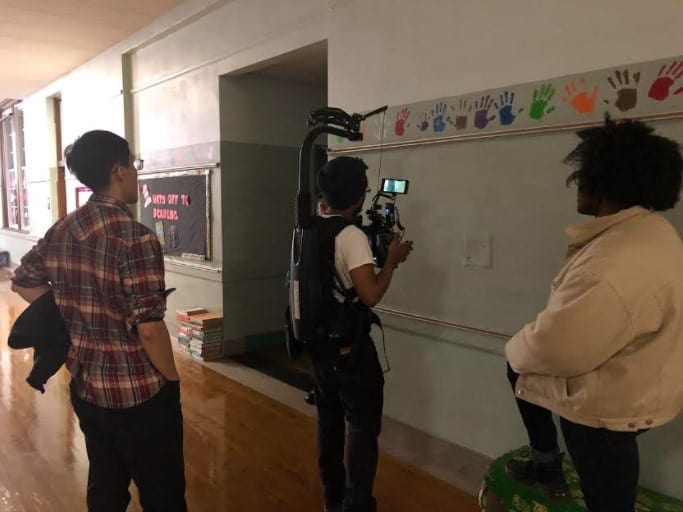
In “Paint Again”, it feels like there is a lesson to be learned to keep the emphasis on your partner as a key component of what makes up ‘family'. With many parents losing sight of their partners when raising a family, do you feel your film addresses this issue? Furthermore, what inspired you to tackle this theme?
Definitely! “Paint Again” was actually also from my observation of my parent's life when my brother and I grew up and didn't rely on them that much anymore. They had more time and were able to do whatever they like, but there was a period of time for that transition. I remember that it was a tough time for their relationship since they were not in a stable, balanced situation. My observation brought me back to some common characteristics that Asian men would carry within themselves, the stubbornness and how the patriarchy shaped their idea toward living their own lives. But I don't want to judge it. I want to show this characteristic to audiences but at the same time, let the audience know, even carrying these characteristics, most of these males are not bad or evil, they have feelings, senses, and they are just not good at saying out loud or expressing them.
Thus, I want to tell a story focusing on this kind of mid-aged male, trying to show the side we are not often able to see. I think the film does include my own belief and my philosophy. I do think a successful marriage relies on the company, the time spent with each other, so having the same habits or cultivating a similar habit is so important to maintain a relationship.
What is your personal favorite part of the filming process, writing, directing, or editing? And why?
Actually, I love directing even though I am still very scared when I go to the set and directing every time. When focusing on the moment with the cinematographer, actors, and actress, and how to focus everyone on the set is so amazing. I love it very much. I'm the one who always thinks a lot so, during writing, the process would be a very long journey since I would easily keep changing minor things and it would finally become endless (laugh). But I still love so much the sense of accomplishment that I feel good and right about what I have been written, after maybe a whole afternoon writing session. That sweetness is something that can't be replaced. I feel the editing is something totally different. I enjoy it but it is really hard to jump away and take a look at the footage I shot, giving a totally objective thought toward it.
Any advice you would impart to anyone interested in making films?
Hmm, I think there's no limitation for anyone who wants to make a film since the equipment, editing software, even color grading software are so easy to access nowadays. So, whenever you have a story you want to film and share, just go film and edit, make it happen. Filming can be very independent and very expensive. I think for those who want to make big-budget productions or want to carve the lighting and the cinematography very much, they can focus on writing the story first. Before investing money or raising money, assuring that the script is ready to go is quite crucial and necessary, I think. And there are so many books, websites, Facebook groups are teaching about writing a good script, a story; I totally think learning screenwriting on your own is a possible nowadays. So, learn writing and keep writing, write a script, maybe a short you're happy with, then try to make it. Everyone can learn so much from their first and second projects
What are some of your personal favorite films and filmmakers? Is there anyone in particular who inspired you to begin making movies?
Haha, I think my taste changes in different periods of time. As I mentioned earlier, Michael Haneke's “Funny Game” showed me how limitless a film can be and widened my horizon. In previous years, I love Antonioni's films like “a Notte”, Bresson's “L'argent”, Chantel Akerman's “Je tu il Elle”. But recently, I like Eric Rohmer, Hong Sang-soo, and Ryusuke Hamaguchi's films very much. I admire the way they explore the very true and deep feeling of a human being through their films. In their works, they don't like using a lot of design, camera movements, or CGI as in big studio films, but instead prefer to focus on the details in the world and create the simple but real, complicated world. I think I tend to appreciate this direction of filmmaking and through a character's normal life conversations, we can see the ugliest or prettiest side of a person. I think the most important aspect of their films, is that they care about the truthfulness of characters, and they also care to show humanity and their values in their works. I think that is exactly the highest goal a film should be able to deliver and I enjoy seeing that in their movies very much.
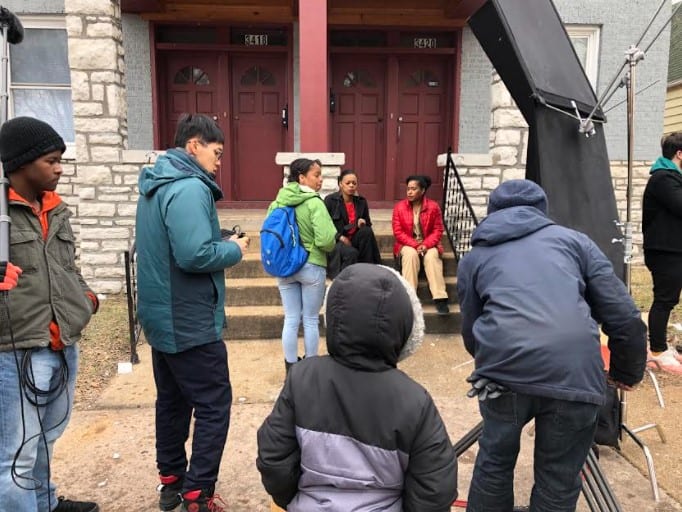
Are there any upcoming projects you would like to discuss?
Yes, right now I have several projects ongoing at the same time, including a feature film, a short film, and potentially a TV series.
The feature is called “Sunken South”, set in southwestern Taiwan. The story is an allegory trying to imply immigrants' life and the difficulties they would encounter in Taiwan. By combining the actual facts of land descending and coastline erosion happening in Taiwan for more than 30 years, I want the film to be able to call people's attention to these ongoing, important issues happening in the country. I've written a first draft of the script and now I plan to go back to Taiwan to do some fieldwork studies in the South Western part later this year. Then I will work on a new draft and going to submit it to some labs, grants in Taiwan and worldwide. I also have a short film which is about a Taiwanese director moving to LA with his wife and since moving to a foreign city, he loses his creative voice, and his relationship with his wife is deteriorating. The story is about how he finds his voice again and repairs his relationship with his wife. I wish to make the film this summer.
Another project I'm working on is a TV series script. The story is a comedy like Rick and Morty, about a Taiwanese grandpa who has passed away, living in another world with a lot of people from different countries. The story is about how he makes friends and learns cultural differences from those people by traveling back to the real world, asking his granddaughter's help. My friend and I develop this script together and now is under development.
What is the best way for people to keep up with you and your work?
Very welcome to contact me through my personal website. Linkedin or IG.


